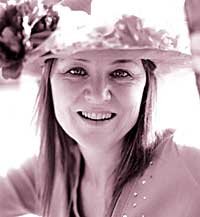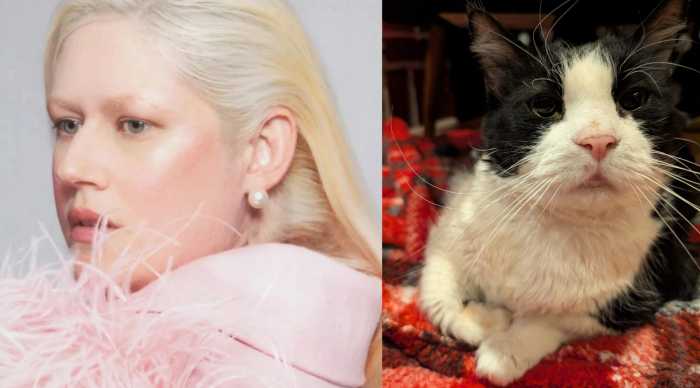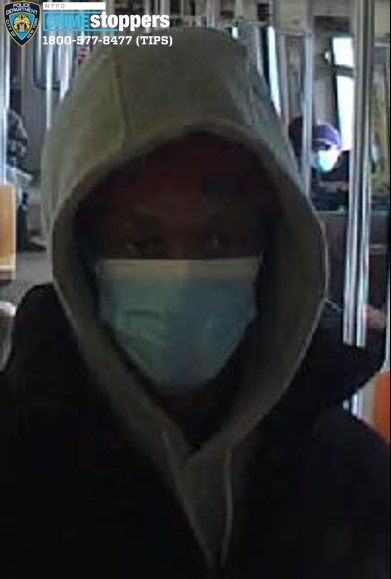The Box Children," by Park Slope author
Sharon Wyse, touches on a laundry list of painful issues, such
as abusive parents, alcoholism, mental illness, infidelity and
the agonies of adolescence, yet the novel is not an altogether
depressing read.
The narrator of the story is buoyant, naive 11-year-old Lou Ann
Campbell, who through her diary grapples with the hypocrisy,
deceit and cruelty in the world around her. Each entry unfolds
another agonizing episode in the Campbell family during the summer
of 1960 on their Texas wheat farm.
Lou Ann’s box children are the five dolls she has named for the
five miscarriages her mother has had to date. Her imaginative
play with the dolls helps her to make sense of her increasingly
unstable home life while she hopes that her mother’s current
pregnancy turns out well.
Wyse excels at creating a believable, readable diary for Lou
Ann. With simple language and humorous candor akin to Mark Twain’s
"Huckleberry Finn," Lou Ann tells her story, her way,
with occasional misspelled words.
When her mother retaliates against her husband’s infidelity,
Lou Ann writes, "I do think there is some accounting for
what Mother is doing, and I think Daddy knows exactly what the
numbers add up to."
"The Box Children" is in the tradition of Edith Konecky’s
1976 novel "Allegra Maud Goldman" (reprinted last year
by the Feminist Press), about an 8-year-old Jewish girl growing
up in Brooklyn in the 1930s. Both Allegra and Lou Ann have older
brothers whose freedoms in the outside world underline how the
girls are stifled by their kitchen-bound spheres and by their
mothers who suffocate their aspirations so they will one day
be complacent, industrious homemakers.
But Allegra’s struggle to define a role for herself coming out
of an upper-middle-class home in Brooklyn pales in comparison
to Lou Ann’s struggle to protect herself from her mentally and
physically abusive parents on a poor, desolate farm at the mercy
of the elements. Yet, like Allegra, Lou Ann remains hopeful.
She is constantly looking for a better vantage point to gain
perspective on the vicious behavior of her family and the local
townspeople and to appreciate nature’s bounty.
By using Lou Ann’s frank voice to tell the story, Wyse allows
for no excuses or rationalizations for the bad behavior of adults.
The father’s infidelity and mother’s alcohol abuse may be understandable,
but through a child’s heartbreaking retelling, their actions
are unforgivable. Her mother’s disapproval of her friendship
with the daughter of a Mexican prostitute is understandable,
because her mother doesn’t want Lou Ann to become a town pariah,
too, but through Lou Ann’s eyes, the only logical course of action
is to befriend the girl and disregard the hypocrisy that is even
evident in the church congregation.
Wyse’s "Box Children" is a brief 186 pages, yet it
is a riveting first novel, and this reader hopes it is just one
of the many, haunting, revealing stories to come.
Sharon Wyse will read from her novel, "The Box Children"
(Riverhead Books, $18.95) on Jan. 3 at 7 pm at the Montauk Club
[25 Eighth Ave. at Lincoln Place in Park Slope, (718) 638-0800].
Admission is free.

























